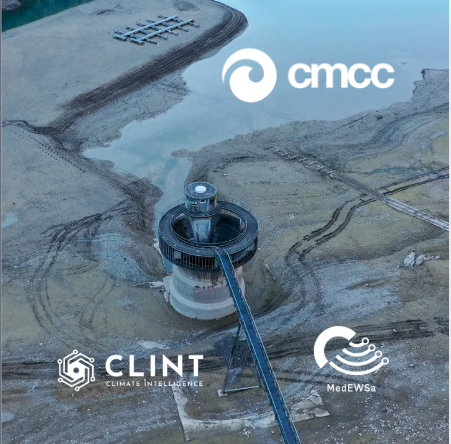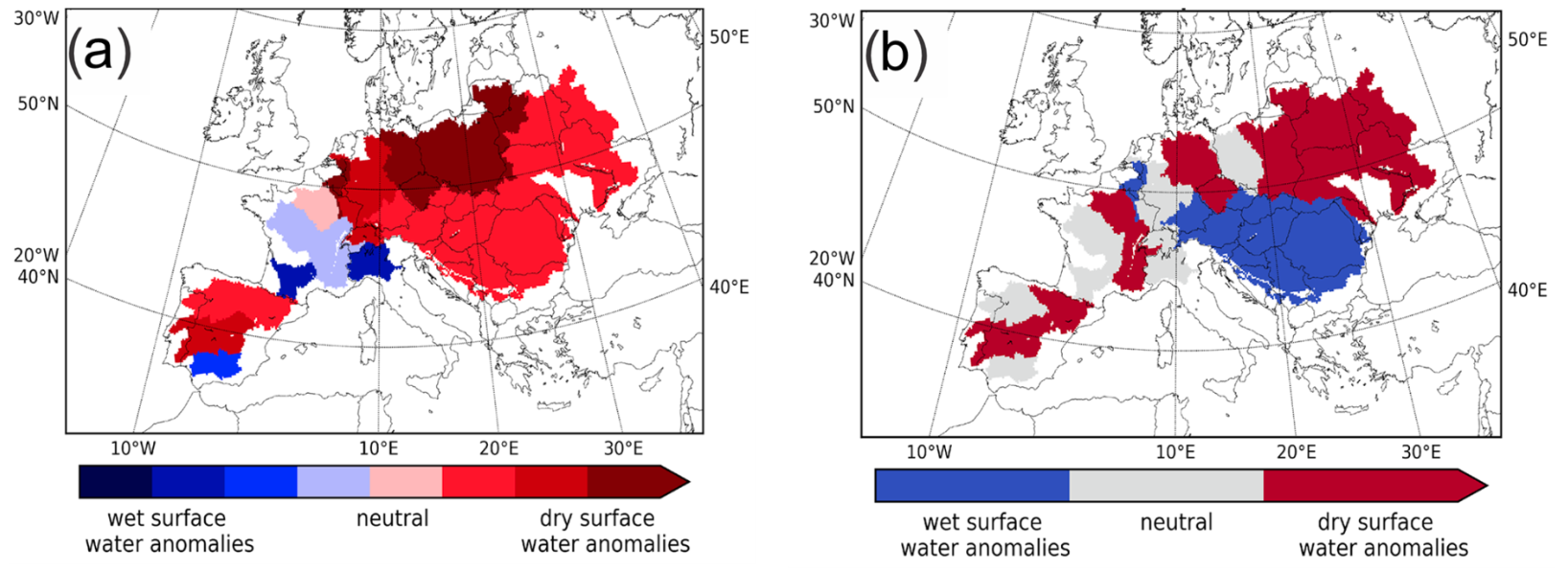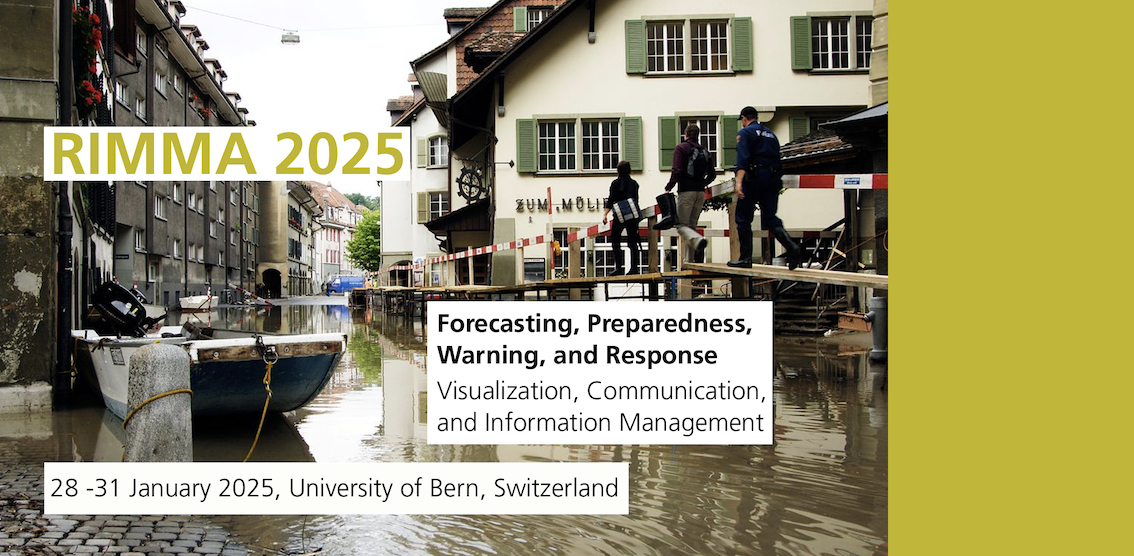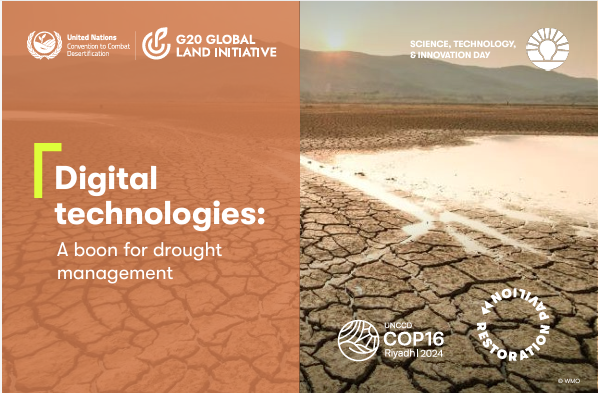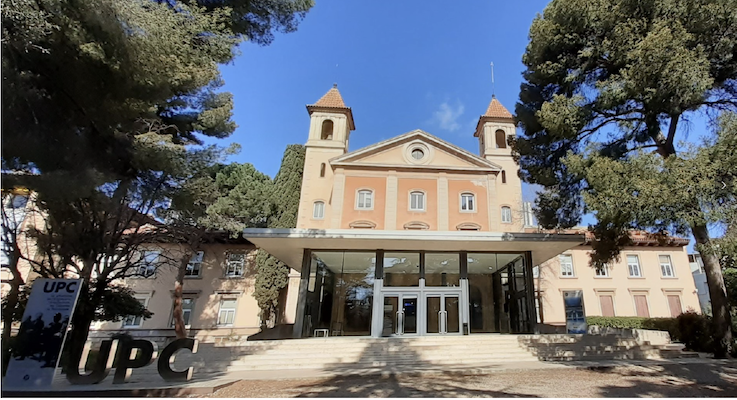This past week, we had the privilege of attending the Copernicus Emergency Annual Conference 2024, held in Brussels on October 11th. The event brought together experts, policymakers, and researchers from across Europe to discuss the latest advancements in emergency management and the critical role that Earth observation technologies play in crisis preparedness and response. Hosted by the European Commission’s Joint Research Centre (JRC), this conference provided a unique platform to explore how Copernicus services are being utilized to tackle natural disasters, climate change impacts, and other emergencies.
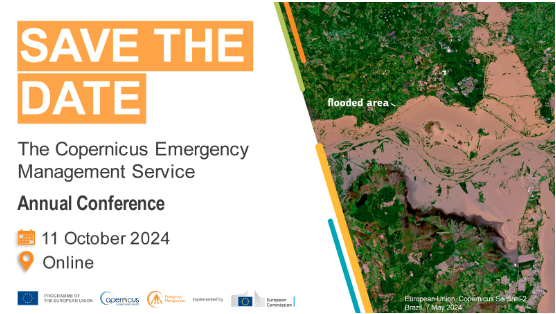
The Copernicus Emergency Annual Conference emphasized the importance of rapid and reliable data in emergency situations, particularly during natural disasters like floods, wildfires, and droughts. The discussions highlighted how the Copernicus Emergency Management Service (CEMS) delivers vital information to support disaster risk reduction, emergency response, and recovery efforts across Europe and globally.
A highlight of the event was a presentation by Elena Koplaki, who represented the MEDEWSA Project (Mediterranean Early Warning System for Natural Hazards). Elena provided valuable insights into how this groundbreaking initiative is working to develop a pan-European early warning system for droughts, wildfires, and other natural hazards. Her talk focused on the role of AI and high-performance computing in enhancing the predictability and mitigation of climate-related disasters, especially across vulnerable regions like the Mediterranean. The ability to integrate Copernicus data into early warning frameworks is at the heart of our mission, and Elena’s presentation reinforced the value of this approach.
Attending this event has further solidified our commitment to leveraging AI and machine learning to improve disaster preparedness and climate adaptation. We are excited to continue contributing to the dialogue on how best to use cutting-edge technology to build a safer, more resilient world.


